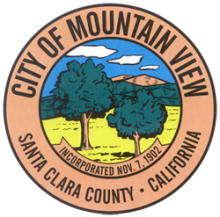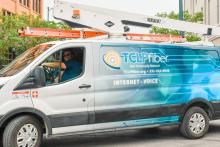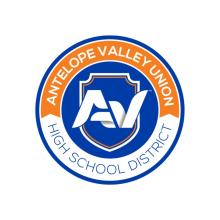
Home to one of the wealthiest and most successful companies in America, you wouldn’t expect residents of Mountain View, California to find themselves on the wrong side of the digital divide.
Yet the city of nearly 82,000 – frustrated with spotty and expensive service by AT&T and Comcast – is considering a municipal broadband network to deal with the deficiencies of the duopoly.
Last year, Mountain View officials hired the consulting firm, Entrust Solutions, to take a closer look at the city’s broadband availability metrics and device potential options for the city.
The finished report and accompanying technical memorandum note that Comcast enjoys a monopoly over vast swaths of the city, resulting in expensive, slow, and spotty access.
“Although most of the City is considered ‘well-served’ by federal and California state standards, most residents have only a single option for Internet service and are essentially subject to a cable monopoly,” the authors wrote. “When it comes to modern gigabit Internet services, only 42% of the serviceable addresses have fiber access.”
The study similarly found that despite ongoing taxpayer subsidization, AT&T has historically failed to upgrade its older DSL customers to fiber across large swaths of the city.
“AT&T provides legacy copper-based service for most of the city, but that technology is not capable of meeting the State of California’s minimum broadband speeds of 100 Mbps download and 25 Mbps upload,” the consulting firm found.
“And while AT&T also provides fiber-to-the-premises (FTTX) services in limited neighborhoods of the City, this means that much of the City is effectively a Xfinity/Comcast monopoly, leading to an uncompetitive market for City residents seeking broadband service.”

Despite being steps from the headquarters of Google – which runs its own residential fiber broadband ISP and deploys high capacity transit fiber world wide – Mountain View finds itself in the same situation as countless underserved municipalities: stuck with expensive and often unreliable broadband.
While Mountain View has historically leaned on a Comcast-owned institutional network (I-Net) for core city communications needs, the soaring costs and dated speeds of the network have city council members exploring better, more creative options to meet their needs.
“I feel like our goal should be municipal fiber,” Council member Pat Showalter tells the Mountain View Voice. “We have to have a system that everybody has access to and in a reasonably affordable manner that we have important controls on.”

City officials are just beginning the process of crafting a solution, but locals say they’re shocked at the digital discrimination occurring at the hands of regional monopolies. Coverage gaps directly reflect race and income demographics, leaving already marginalized communities well out of reach of affordable access.
The National Digital Inclusion Alliance (NDIA) has long documented how monopolies discriminate when it comes to selecting which neighborhoods have access to broadband upgrades. Journalists at The Markup and Associated Press have explored how big providers routinely offer slower speeds at higher prices in low income and minority neighborhoods.
Among the key recommendations made by the Entrust Solutions study, released last month, is that the city would benefit greatly by considering its own municipal fiber network.
“With the pending retirement of INET and (the) need for the City to ensure it has full control over its primary communications network for public safety, emergency response, and City services, the City will need to identify a strategy to replace the infrastructure and ensure current and future City communication needs,” the authors wrote.
The study further noted how “a conceptual network design for a broadband fiber backbone can connect city facilities and anchor institutions (including city facilities and school buildings currently on INET),” as well as “expand the traffic communication network (and other intelligent transportation systems), and address underserved neighborhoods.”
Inline image of Google HQ courtesy of Wikimedia Commons, Creative Commons, CC BY-SA 3.0, Attribution-ShareAlike 3.0 Unported
Inline aerial image of Mountain View courtesy of Craig Howell on Flickr, Creative Commons, Attribution 2.0 Generic







